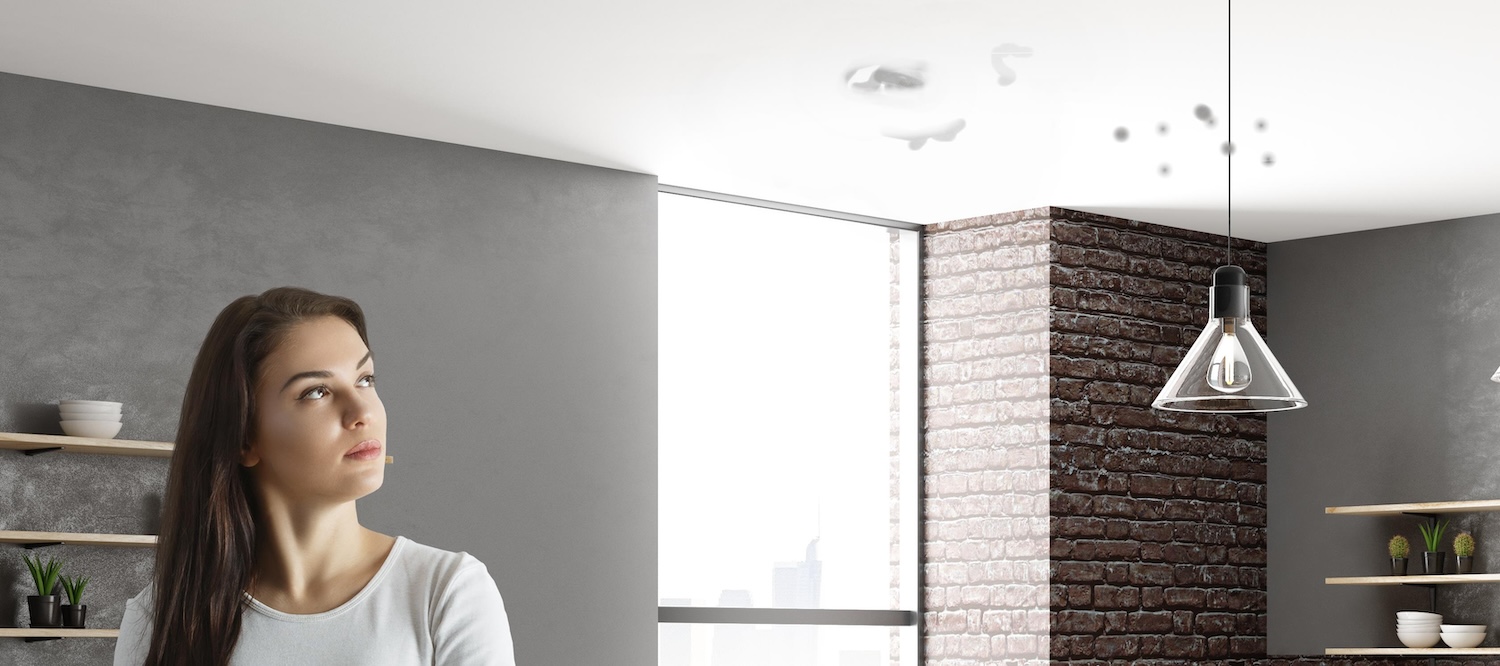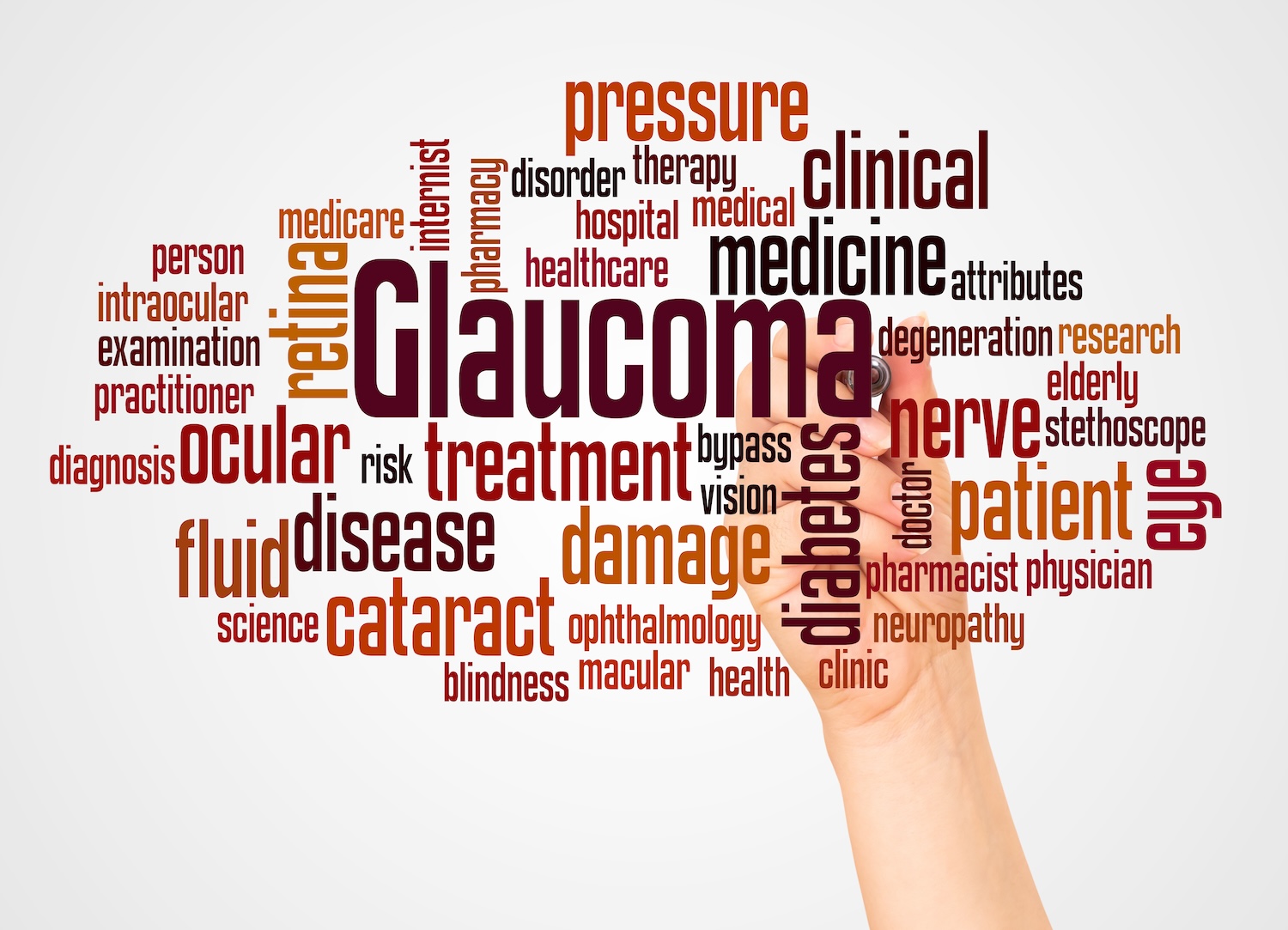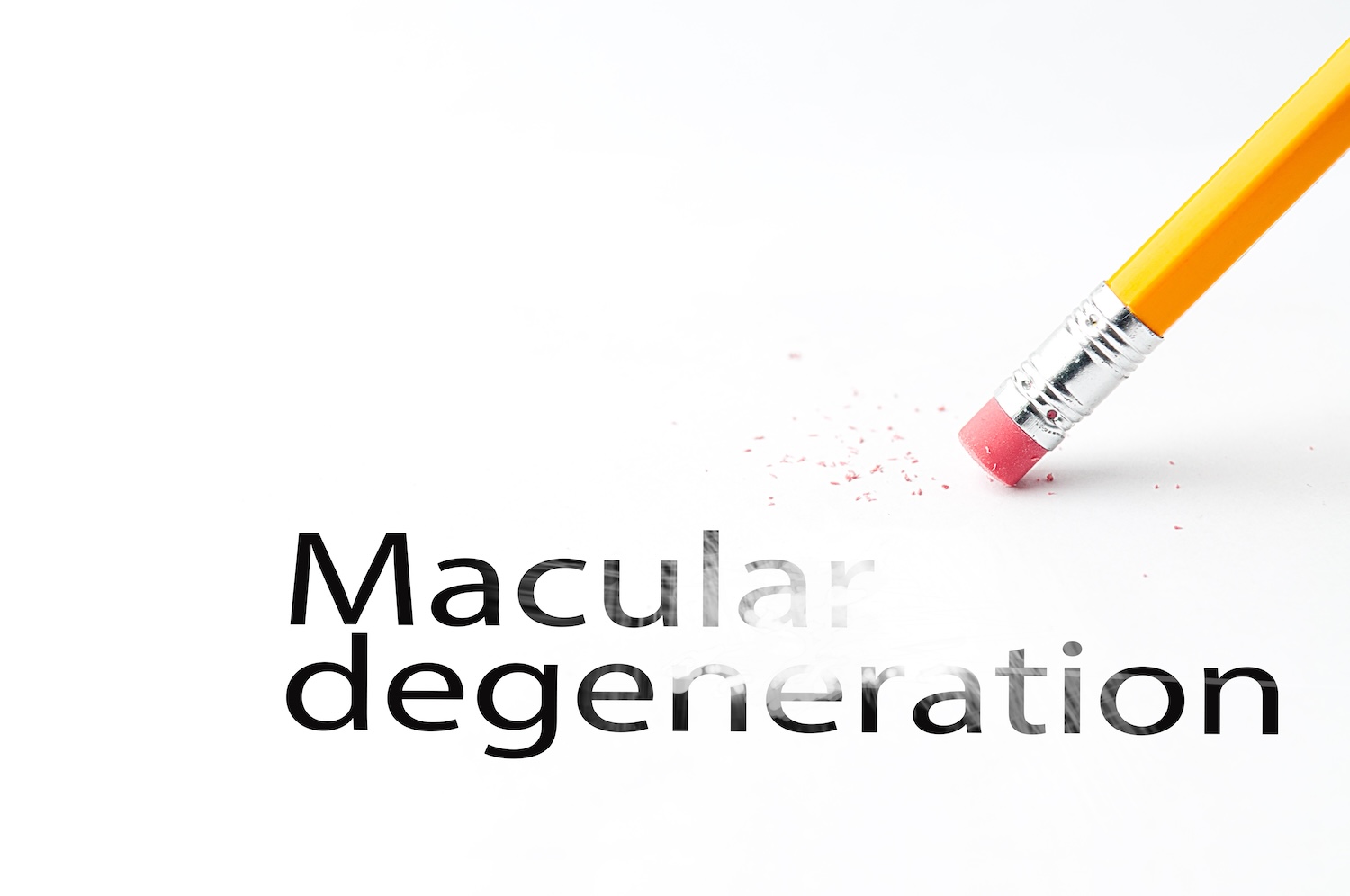-
Free NHS eye tests
-
4.8 star Google reviews
-
Free hearing test with our audiologist
.jpg)
Blepharitis
Blepharitis is an inflammation of the eyelids, which may cause sore red-looking eyes. Crusty deposits on the eyelashes can irritate your eyes, and your eyes can become dry. It's best treated daily, with a combination of special lid wipes, gels, and a warm compress. It is a chronic condition and never really goes away.

Cataracts
A cataract forms when the lens in our eye gradually becomes cloudy as we become older. If you have a cataract you may notice your vision becomes blurred, often people describe it as like looking through a fog. Glare from bright sunlight can cause discomfort, so wearing good-quality sunglasses helps. Night driving can be a problem because of the dazzle from car headlights, there are special lens coatings that can help. Often reading indoors can become more difficult and many people find a good reading lamp helps. If your vision gets worse, and can't be improved with a change of glasses, you may need a cataract operation to improve your sight.

Dry eye
Dry eye is a common condition caused when you don't produce enough tears, or if the oily part of the tears film is deficient. This leads to the evaporation of your normal tears, and your eyes can then feel scratchy or irritated, which causes them to water. Dry eye drops when used regularly each day, can help improve things and provide some comfort. Dry eye is a chronic condition, so it may never go away.

Flashing lights and floaters
Flashing lights and floaters can be signs of changes to the gel inside our eyes. Floaters can appear in all shapes and sizes and may appear cloudy grey or dark, they are easiest to see when looking at a pale background. Flashing lights can be seen as bright sparkles in the periphery of your vision, which may come and go. If you experience a sudden increase in flashing lights or floaters or a shadow in your vision, you need to have this checked urgently, as sometimes they can be signs of a retinal tear or detachment. This is a serious eye condition which can cause loss of sight.

Glaucoma
There are different types of glaucoma and sometimes the pressure in your eye may increase. Over time the optic nerve at the back of our eye becomes damaged and if left untreated it can cause severe sight loss. Anyone can get glaucoma but the risks become greater as we get older, or if you have a close relative who has glaucoma. Often there are no symptoms, so having regular sight tests may be the only way to detect this condition. If you are over 40 and there is a family history of glaucoma, you may be entitled to have an NHS test each year.

Macular degeneration
There are two types of macular degeneration. Aged-related macular degeneration (AMD) which is more common, it causes a gradual loss of detail in our central vision, unfortunately, there is no treatment yet available. The sudden onset of distorted vision can be a sign of Wet AMD, treatments today can help prevent further damage and sight loss. Nearly 1.5 million people in the UK are affected by AMD and we are more at risk of getting it as we become older, if we smoke or are obese.











